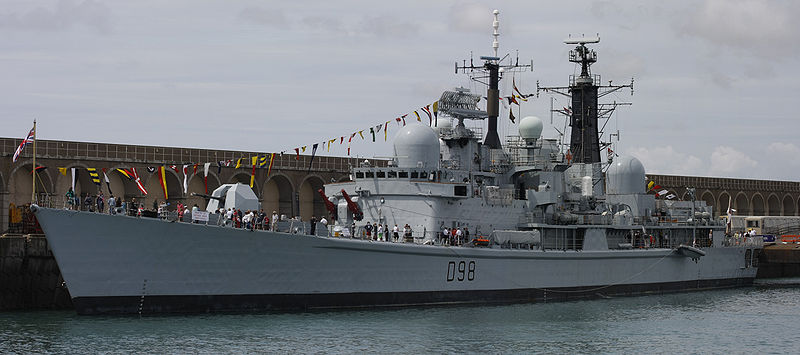It is quite possible that Kipling based Daniel Dravot, the hero of The Man Who Would Be King, on Dr Harlan. He would surely have heard of the American, and there is a strong echo, in Dravot’s fictional Kafiristan adventure (published in 1895), of Harlan’s aspirations first to the throne of Afghanistan, and later successfully to the kingship of Ghor. as described in Gardner’s Memoirs (published in 1890); whether Harlan’s story was true is beside the point. Like many passages in his astonishing career, it lacks corroboration; on the other hand it was accepted, along with the rest, by such authorities as Major Pearse, who was Gardner’s editor, and the celebrated Dr Wolff.
Josiah Harlan (1799-1871) was born in Newlin Township, Pennsylvania, the son of a merchant whose family came from County Durham. He studied medicine, sailed as a supercargo to China, and after being jilted by his American fiancée, returned to the East, serving as surgeon with the British Army in Burma. He then wandered to Afghanistan, where he embarked on that career as diplomat, spy, mercenary soldier, and double (sometimes treble) agent which so enraged Colonel Gardner. The details are confused, but it seems that Harlan, after trying to take Dost Mohammed’s throne, and capturing a fortress, fell into the hands of Runjeet Singh. The Sikh maharaja, recognising a rascal of genius when he saw one sent him as envoy to Dost Mohammed; Harlan, travelling disguised as a dervish was also working to subvert Dost’s throne on behalf of Shah Sujah, the exiled Afghan king; not content with this, he ingratiated himself with Dost and became his agent in the Punjab — in effect, serving three masters against each other. Although as one contemporary remarks with masterly understatement, Harlan’s life was now somewhat complicated, he satisfied at least two of his employers: Shah Sujah made him a Companion of the Imperial Stirrup, and Runjeet gave him the government of three provinces which he administered until, it is said, the maharaja discovered that he was running a coining plant on the pretence of studying chemistry. Even then, Runjeet continued to use him as an agent, and it was Harlan who successfully suborned the Governor of Peshawar to betray the province to the Sikhs. He then took service with Dost Mohammed (whom he had just betrayed), and was sent with an expedition against the Prince of Kunduz; it was in this campaign that the patriotic doctor “surmounted the Indian Caucasus, and unfurled my country’s banner to the breeze under a salute of 26 guns … the star-spangled banner waved gracefully among the icy peaks.” What this accomplished is unclear but soon afterwards Harlan managed to obtain the throne of Ghor from its hereditary prince. This was in 1838; a year later he was acting as Dost’s negotiator with the British invaders at Kabul; Dost subsequently fled, and Harlan was last seen having breakfast with “Sekundar Burnes”, the British political agent.
Thus far Harlan’s story rests largely on a biographical sketch by the missionary Dr Joseph Wolff; they met briefly during Harlan’s governorship of Gujerat, but Wolff (who of course never had the advantage of reading the present packet of the Flashman Papers confesses that he knows nothing of the American after 1839. In fact, Harlan returned to the U.S. in 1841, married in 1849, raised Harlan’s Light Horse for the Union in the Civil War, was invalided out, and ended his days practising medicine in San Francisco; obviously he must have revisited the Punjab in the 1840s, when Flashman knew him. Of his appearance and character other contemporaries tell us little; Dr Wolff describes “a fine tall gentleman” given to whistling Yankee Doodle”, and found him affable and engaging. Gardner mentions meeting him at Gujerat in the 1830s, but speaks no ill of him at that time.
His biographer, Dr Joseph Wolff, D.D., LL.D (1795-1862), was a scholar, traveller, and linguist whose adventures were even more eccentric than Harlan’s. Known as “the Christian Dervish”, and “the Protestant Xavier”, he was born in Germany, the son of a Jewish rabbi, and during his “extraordinary nomadic career” converted to Christianity, was expelled from Rome for questioning Papal infallibility, scoured the Middle and Far East in search of the Lost Tribes of Israel, preached Christianity in Jerusalem, was shipwrecked in Cephalonia, captured by Central Asian slave-traders (who priced him at only £2.50, much to his annoyance), and walked 600 miles through Afghanistan “in a state of nudity”, according to the Dictionary of National Biography. He made a daring return to Afghanistan in search of the missing British agents, Stoddart and Connolly, and narrowly escaped death at the hands of their executioner. At other times Dr Wolff preached to the U.S. Congress, was a deacon in New Jersey, an Anglican priest in Ireland, and finally became vicar of a parish in Somerset. As Flashman has remarked, there were some odd fellows about in the earlies. (See Gardner; The Travels and Adventures of Dr. Wolff (1860); Dictionary of American Biography; D.N.B.)
George MacDonald Fraser, Flashman and the Mountain of Light, 1990.





